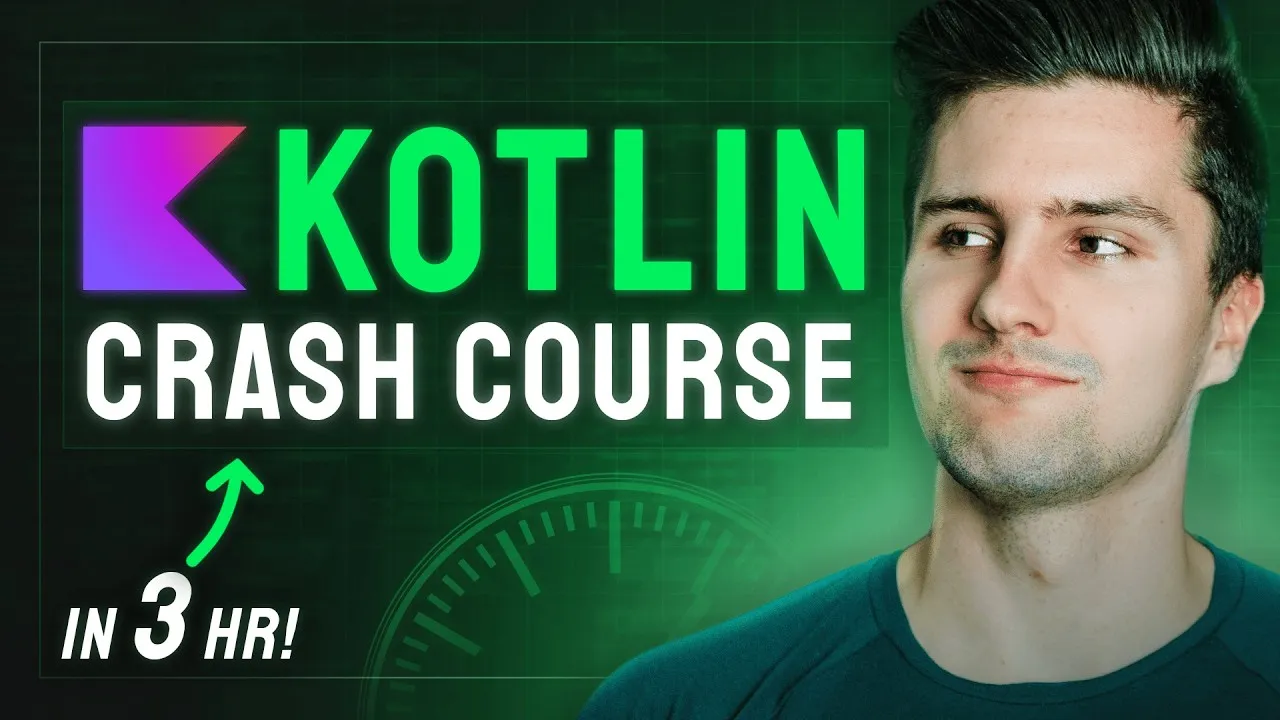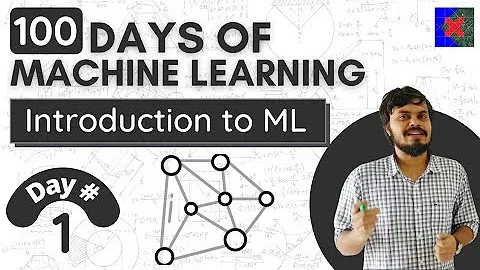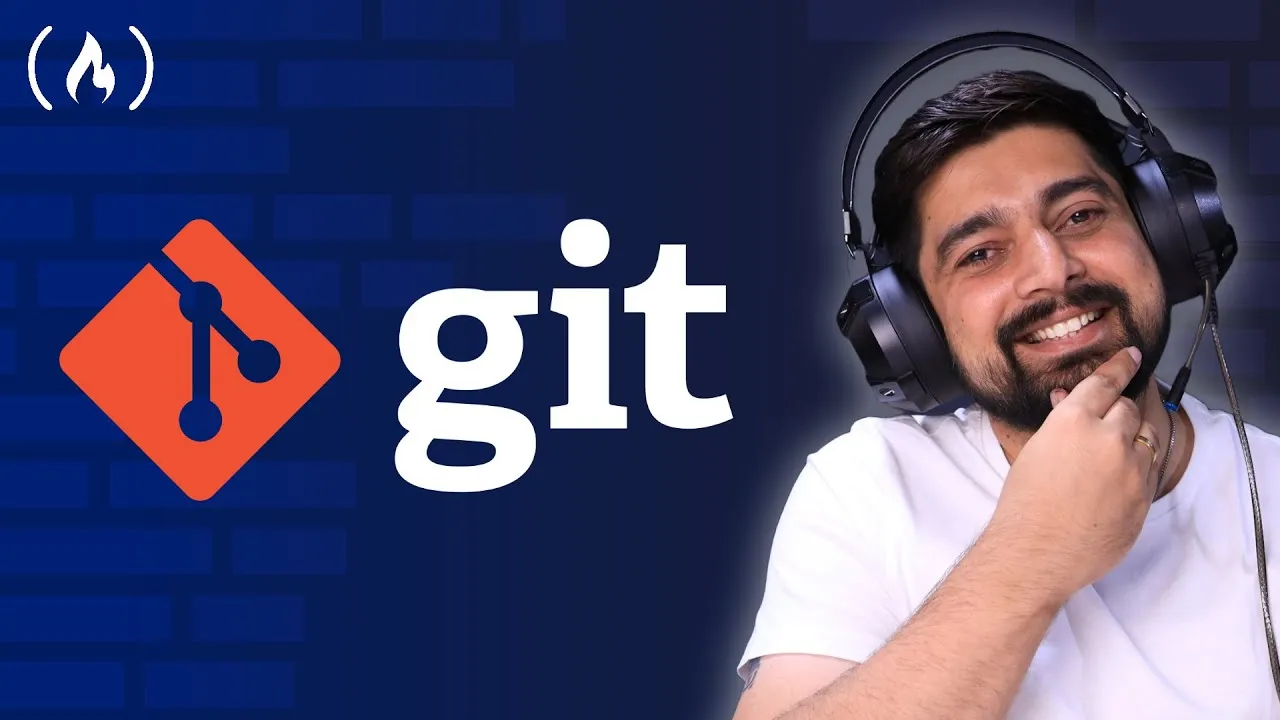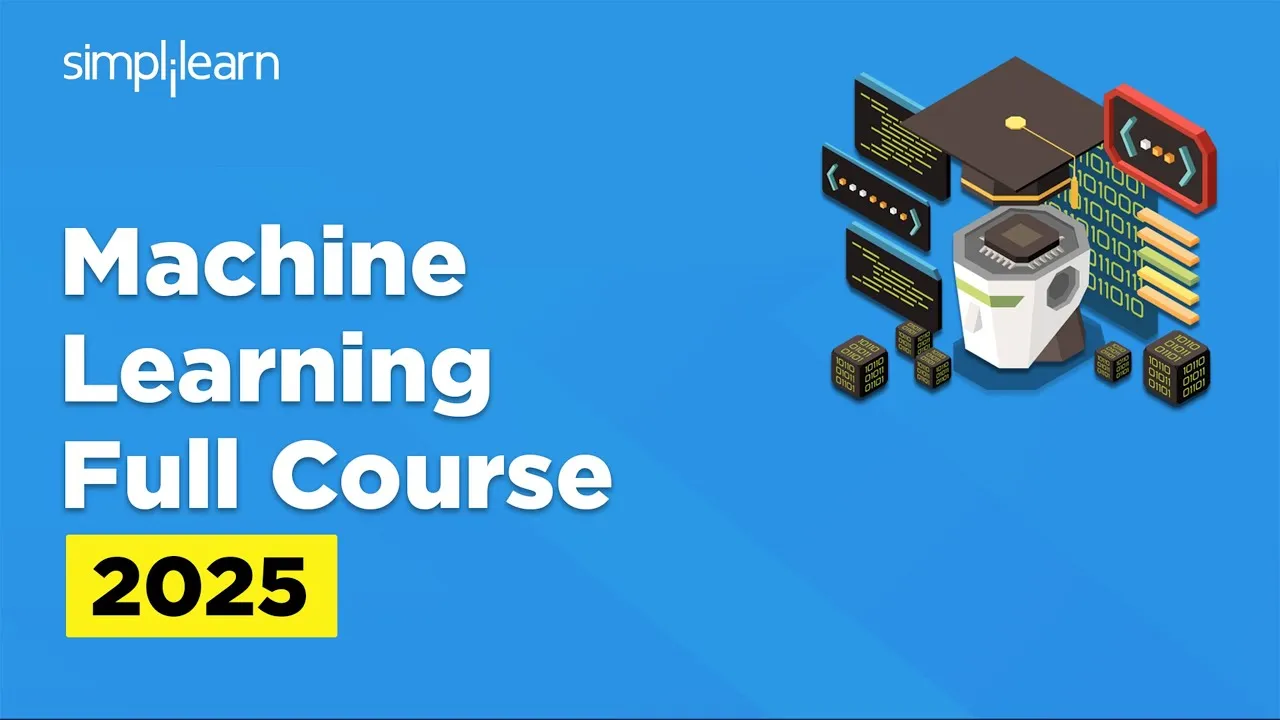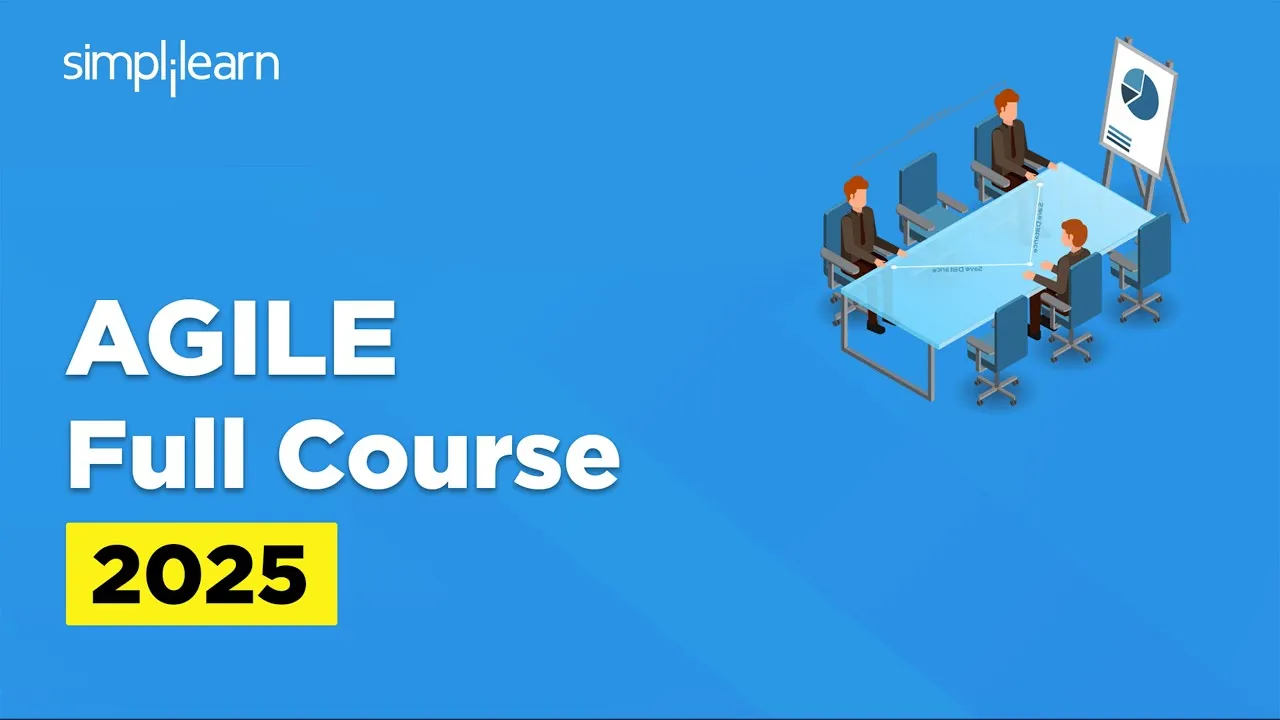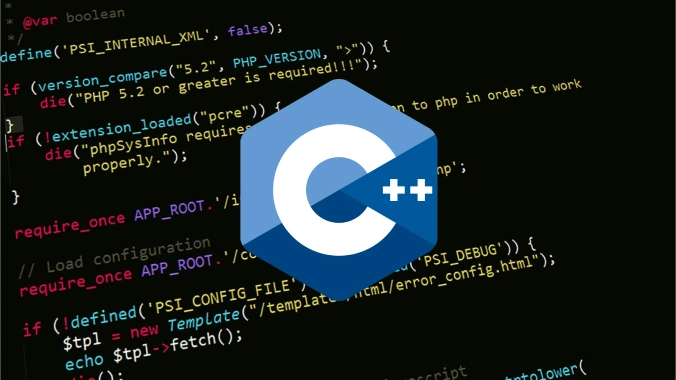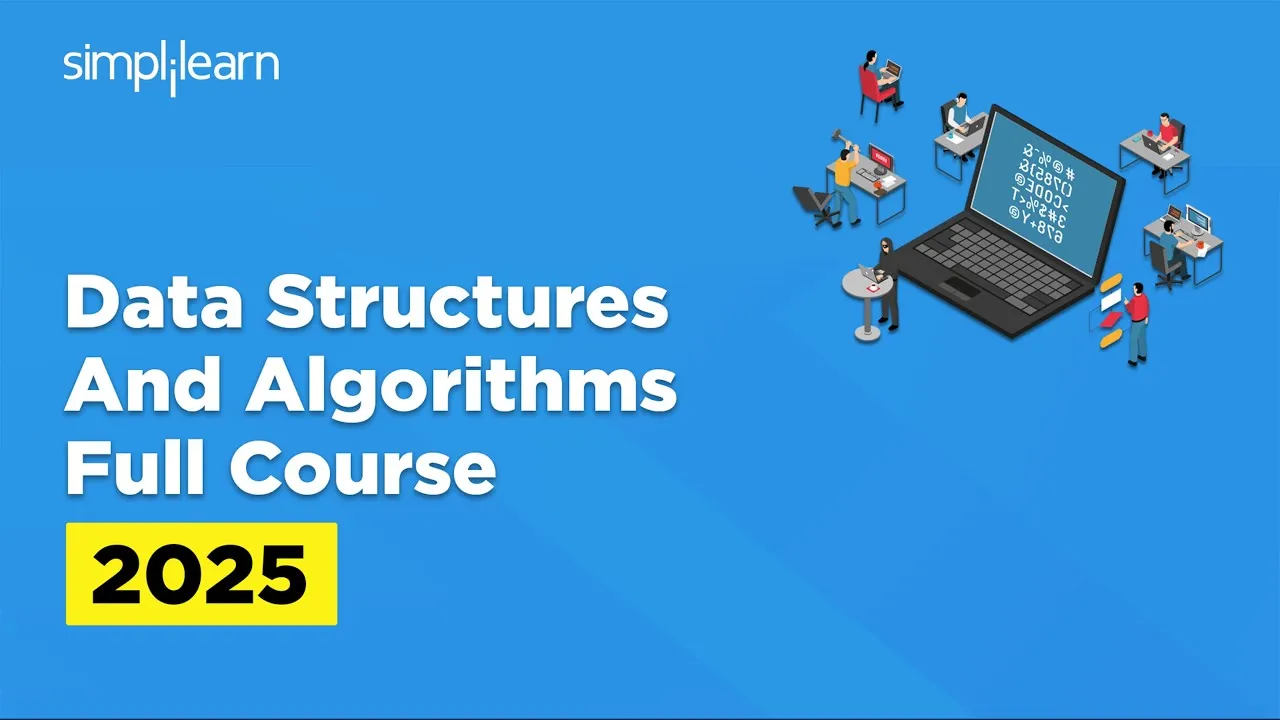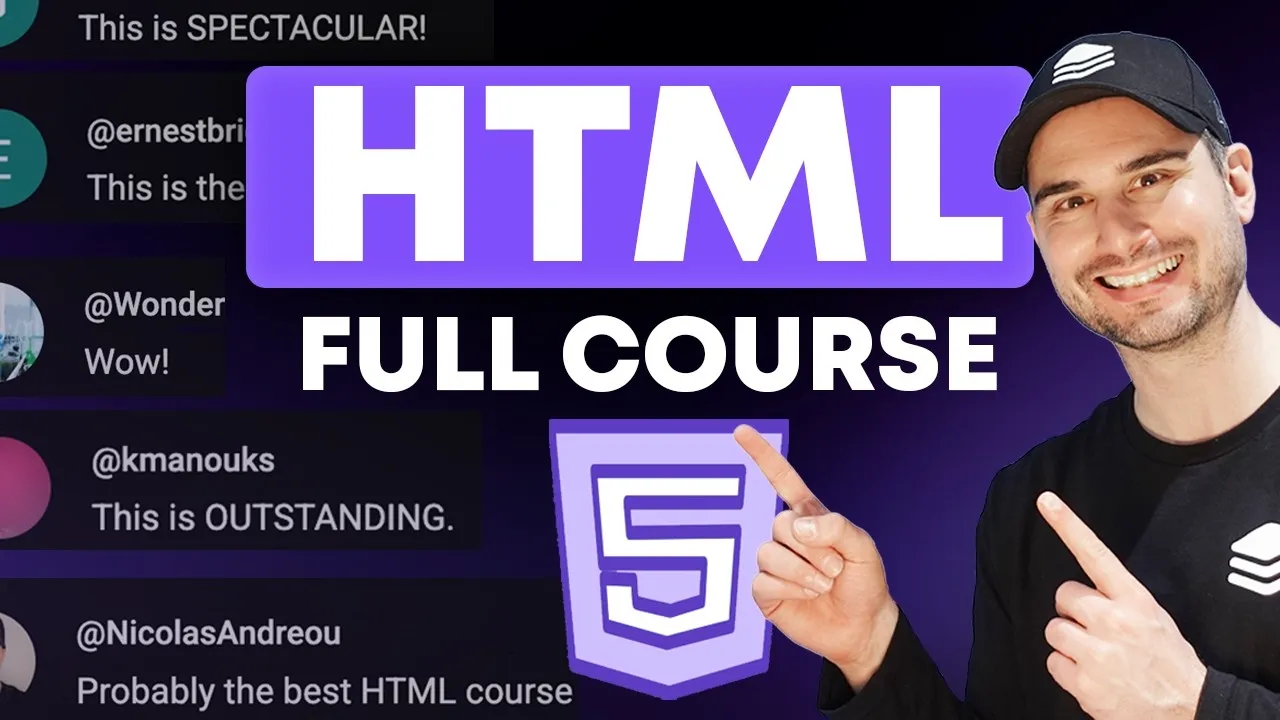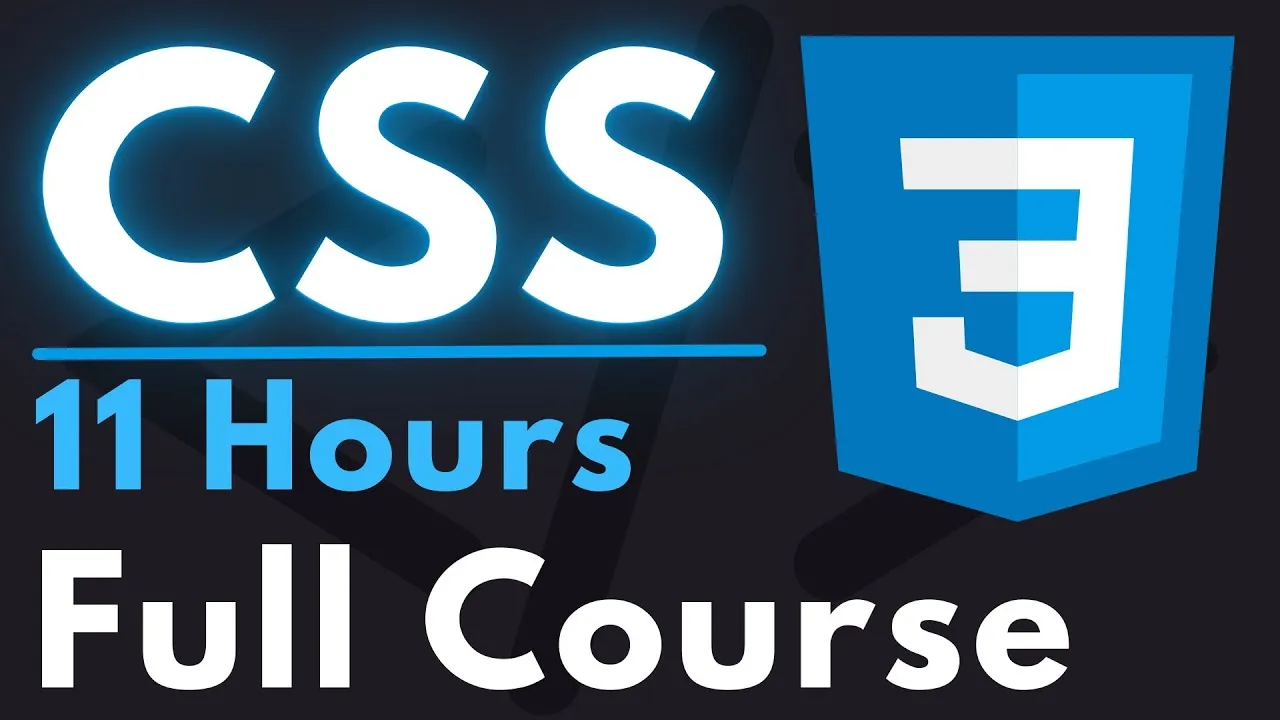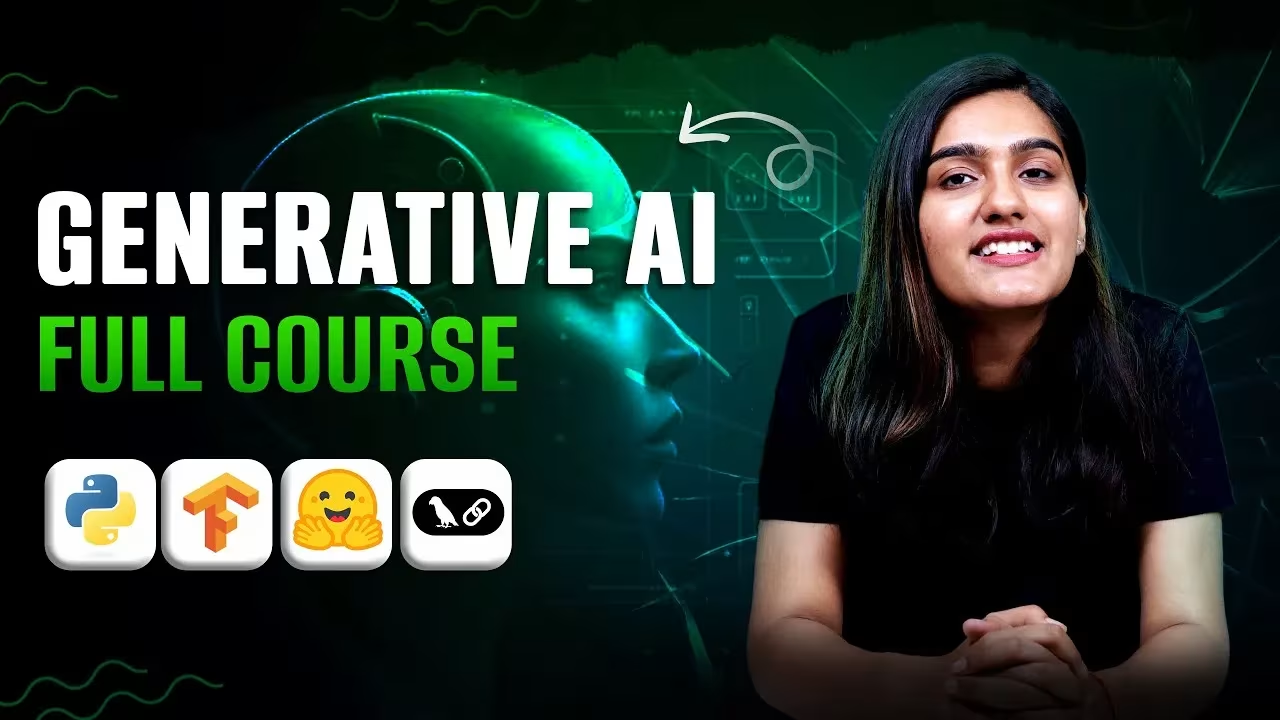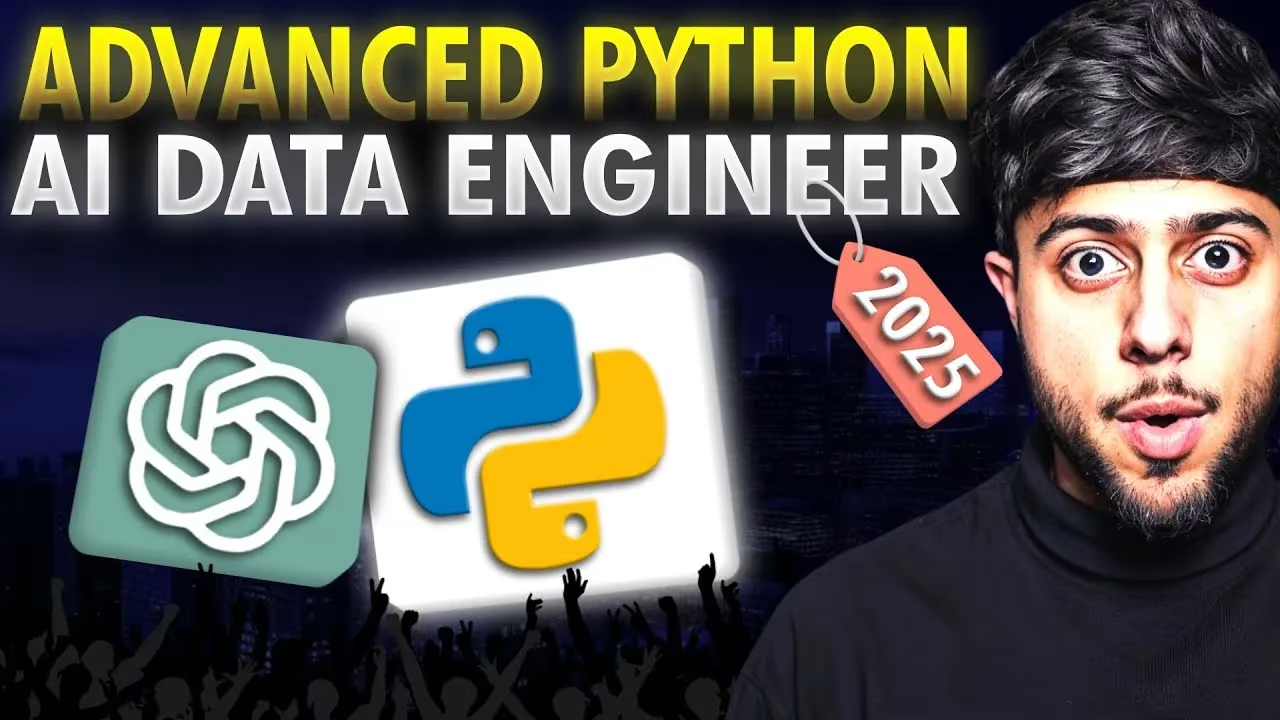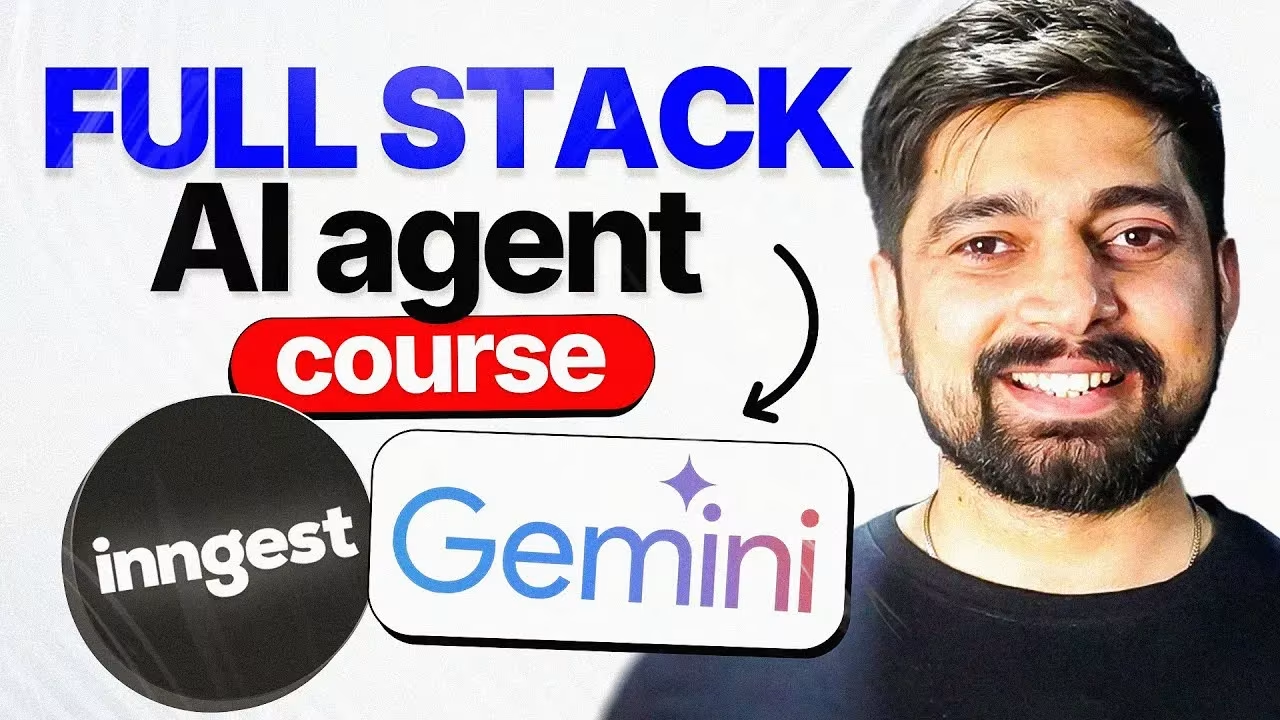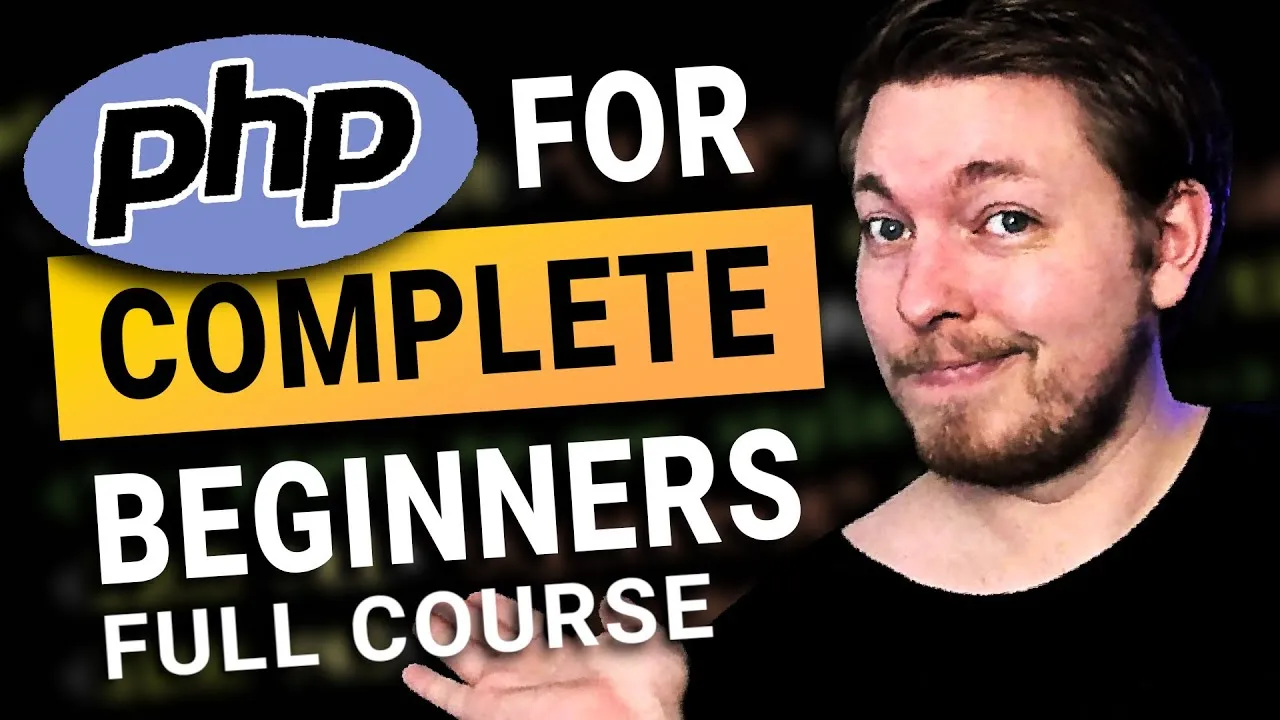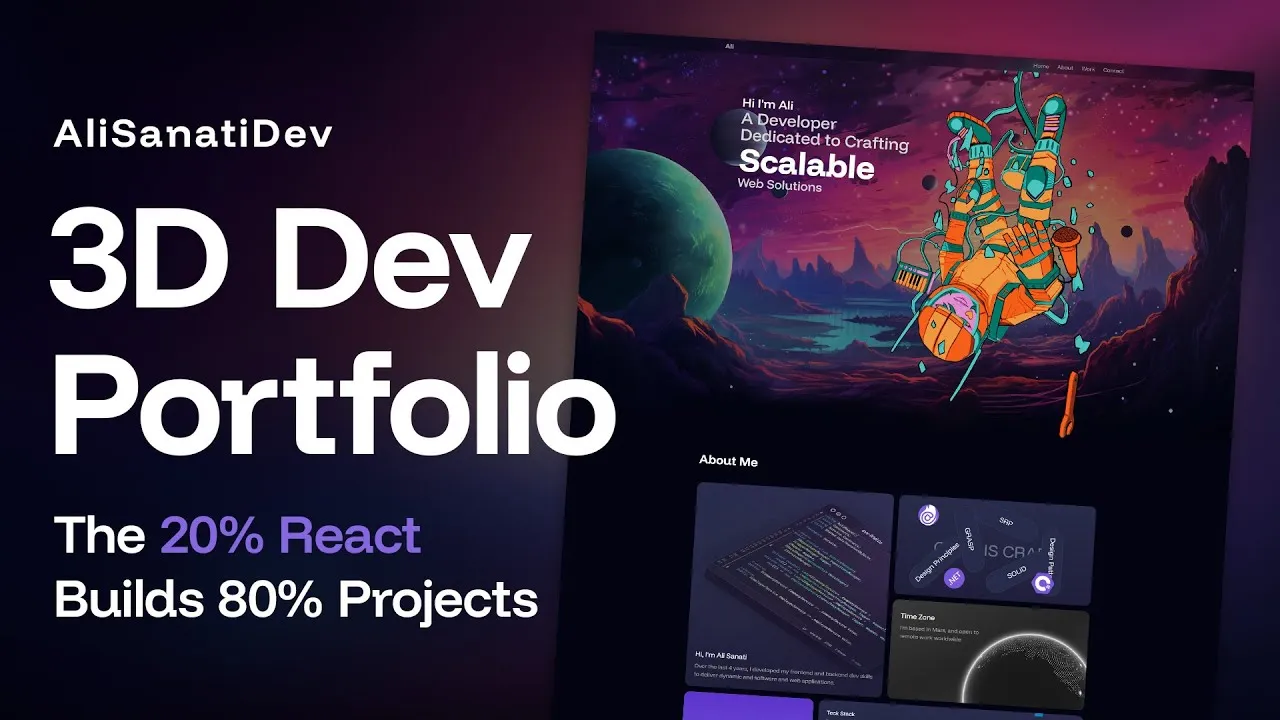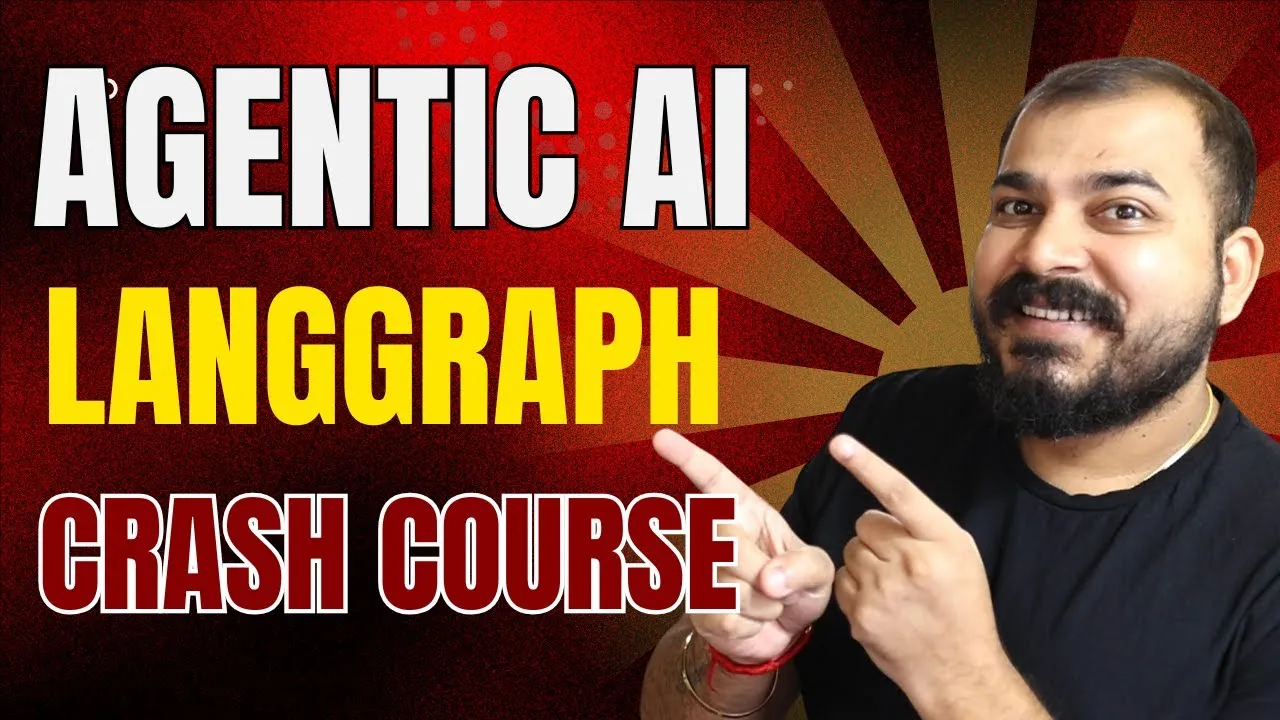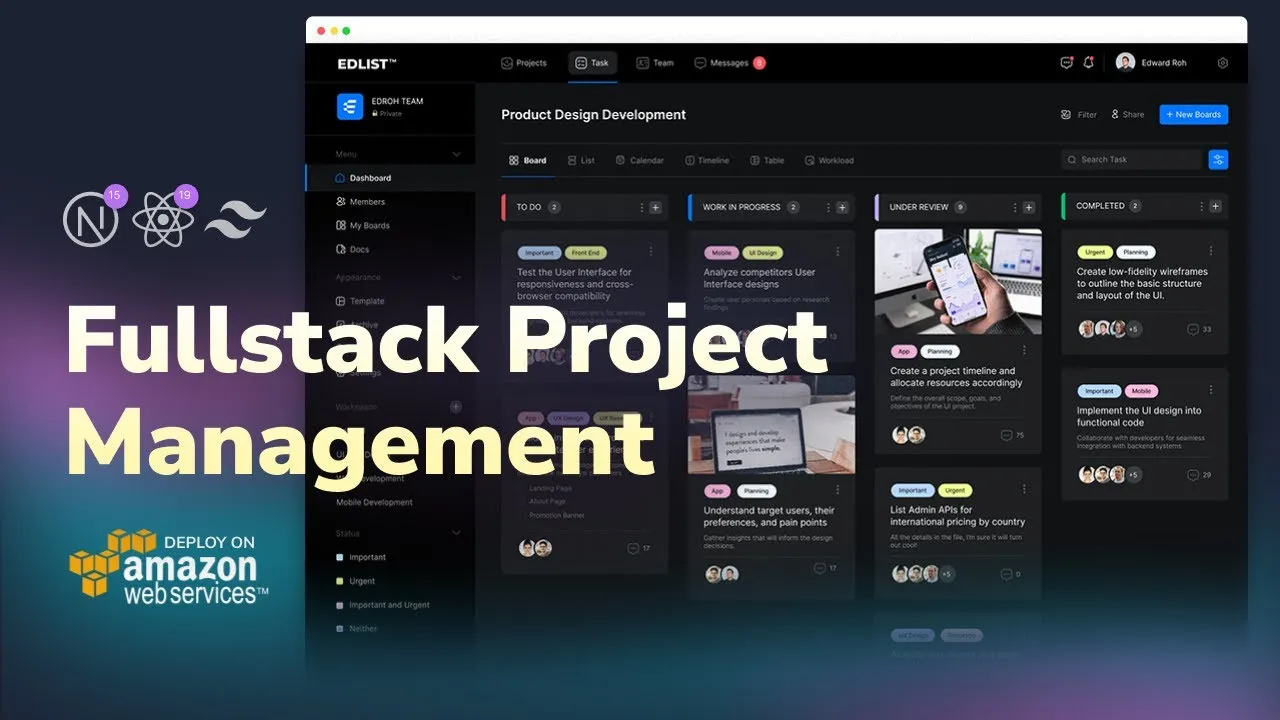Kotlin Crash Course for Beginners teaches Kotlin basics to OOP: IntelliJ setup, null safety, functions, classes, lambdas, generics and more.
This beginner-friendly Kotlin crash course takes you from zero to writing real software with Kotlin. You’ll install IntelliJ IDEA, create your first project, and build confidence with Kotlin fundamentals: variables, operators, control flow, functions, error handling, collections, object-oriented programming, and advanced features like generics, sealed hierarchies, and null safety. It’s a practical, hands-on Kotlin tutorial for beginners who want to learn Kotlin fast and right, using modern best practices and clear examples.
Learn Kotlin from Kotlin Crash Course for Beginners
- Setup and tooling: Install IntelliJ IDEA, create a Kotlin project, and run a Hello World program so you can start coding immediately.
- Core language basics: Understand val vs var, arithmetic, comparison, and logical operators to write correct expressions and conditions.
- Input and safety: Read console input and master Kotlin nullability with null-safe operators (?. ?: !!) to avoid crashes.
- Control flow mastery: Use if/else, when expressions, and try/catch to handle decisions and exceptions gracefully.
- Data structures: Work with arrays and loop constructs (for, while, do-while) to process data efficiently.
- Functions, lambdas, and overloading: Write reusable functions, create extension functions, overload parameters, and leverage lambda functions for concise, expressive code.
- Kotlin OOP essentials: Build classes and data classes, implement interfaces and abstract classes, and design sealed class/interface hierarchies.
- Enums and singletons: Model finite states with enum classes and create single-instance objects with Kotlin’s object declarations.
- Access control and generics: Use visibility modifiers (public, internal, protected, private) and type-safe generics for reusable, robust APIs.
Highlights of Kotlin Crash Course for Beginners
- Introduction & why Kotlin is cool: Learn why Kotlin is loved for concise syntax, interoperability with Java, type inference, and powerful standard library—ideal for Android, backend, and multiplatform.
- Project setup in IntelliJ: Create a clean Kotlin project, understand the project structure, and run your first build to cement a fast feedback loop.
- Language fundamentals:
- Variables: val (immutable) vs var (mutable) to manage state safely.
- Operators: Arithmetic, comparison, and logical operators to control program flow.
- Console input: Read lines and parse numbers reliably.
- Null safety: Safe calls, Elvis operator, and smart casts to prevent NullPointerExceptions.
- Control flow patterns:
- if conditions: Branch logic clearly and return expressions.
- when expression: Replace long if-chains with readable matching on values, ranges, and types.
- Exceptions & try/catch: Handle failures, use finally, and throw custom exceptions.
- Collections, arrays, and loops: Iterate arrays with indices, use ranges, and apply idiomatic loops for clarity and performance.
- Functions done right:
- Normal and extension functions: Add behavior without inheritance; keep code modular.
- Function overloading: Provide flexible APIs with multiple parameter signatures.
- Lambda functions: Embrace higher-order functions, inline operations, and functional patterns.
- Kotlin OOP and modeling:
- Classes & data classes: Auto-generate equals/hashCode/toString/copy for domain models.
- Interfaces & abstract classes: Define contracts and shared behavior for composable design.
- Sealed interfaces & sealed classes: Constrain hierarchies for exhaustive when handling.
- Enum classes: Encode finite states and attach behavior.
- Singletons (object): Centralize configuration, services, and utilities safely.
- Designing safe APIs: Apply visibility modifiers to encapsulate implementation details and expose only what’s needed. Use generics to write reusable, type-safe functions and collections.
Outcome of Kotlin Crash Course for Beginners
- Build real programs: You’ll code CLI utilities that read input, validate data, and produce meaningful output using when, loops, and collections.
- Write safer Kotlin: Null safety, exception handling, and visibility modifiers help you avoid runtime pitfalls and tighten API boundaries.
- Model real domains: Data classes, sealed hierarchies, and enums let you represent business logic cleanly and exhaustively.
- Think idiomatically: Extension functions, lambdas, and functional patterns make your Kotlin code elegant, concise, and testable.
Lessons of Kotlin Crash Course for Beginners
- Start strong:
- Install IntelliJ IDEA, create a Kotlin project, and run Hello World.
- Practice variables, operators, and console input.
- Get safe and expressive:
- Master null safety (?. ?: !!) and control flow with when and if.
- Handle errors using try/catch/finally and custom exceptions.
- Work with data:
- Iterate arrays and ranges; build loops that process collections cleanly.
- Write pure, testable functions; add extension functions to standard types.
- Scale with OOP and FP:
- Define classes, data classes, interfaces, and abstract classes.
- Use lambdas and higher-order functions to reduce boilerplate.
- Model complex domains:
- Seal hierarchies for exhaustive when expressions.
- Employ enums for finite states and singletons for shared services.
- Harden your APIs:
- Apply visibility modifiers to protect internals.
- Introduce generics for reusable and type-safe utilities.
Kotlin Crash Course Materials: JetBrains
Master Modern Android Architecture
Mobile App Development Course with React Native, Supabase, Next.js & Stripe
